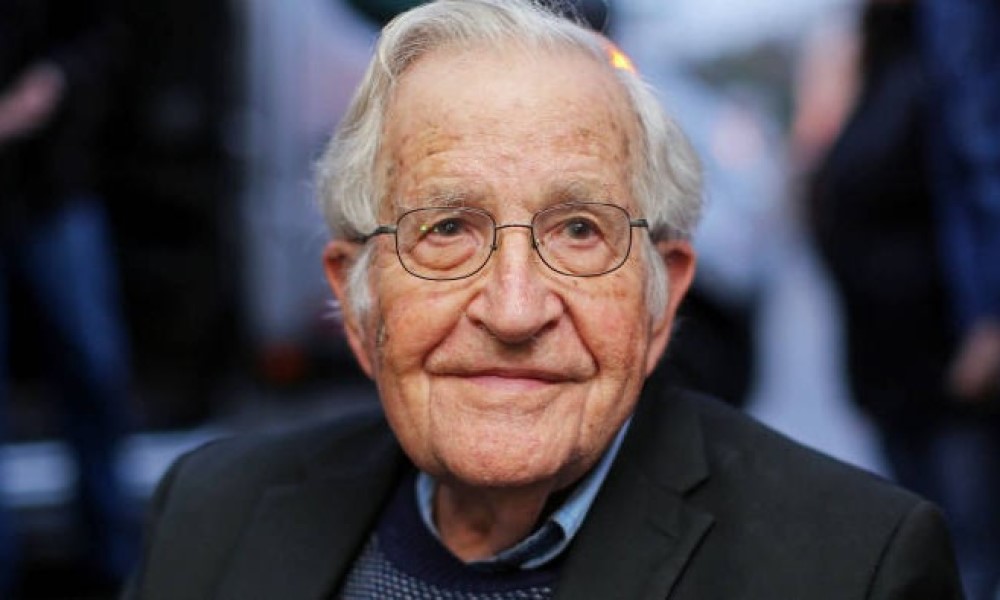
Sometimes called "the father of modern linguistics," Noam Chomsky is one of the most cited scholars in modern history. Fueled by his view that language and universal grammar are uniquely human mental abilities, his work has revolutionized the field of linguistics. Chomsky is also that rarest of animals: an influential public intellectual. To date, he's written more than 150 books on a wide range of topics like cognitive science, philosophy, war, computer science, mass media, mathematics, and anthropology, among others. A prominent academician, Chomsky accepted his first professorship at MIT in 1955, choosing to stay there until he retired from his teaching duties in the 1990s. By this time, several of his past students had already become renowned linguists in their own rights. Over the course of his career, Chomsky has also amassed a wealth of academic and humanitarian awards, including the Distinguished Scientific Contribution Award from the American Psychological Association, the Kyoto Prize in Basic Sciences, and the humanitarian Sydney Peace Prize.
At age 16, Chomsky began his undergraduate studies at the University of Pennsylvania, just as World War II was coming to a close. Clearly a gifted student from an early age, Chomsky nearly dropped out due to boredom before finding the intellectual atmosphere he desired with linguistics chair Professor Zelig Harris and his friends, who also shared an interest in politics. It was kismet for the budding researcher. Harris' work in linguistics would soon become the foundation and inspiration for Chomsky's own, though Chomsky's would follow a radically different path. Chomsky received his Bachelor of Arts in linguistics in 1949, staying at UPenn to embark on his postgraduate work. He then revised his undergrad thesis for his Master of Arts in linguistics, which he received in 1951. He stayed at the university even longer to sculpt the doctoral thesis that would also become his first publication. In 1955, Chomsky not only received a UPenn PhD, but he now held the foundation of his pioneering work in the study of linguistics.
Considering the length of time Chomsky studied at UPenn, it is no surprise that he continues to support his alma mater to this day. He has consistently returned to his old stomping grounds through the years, often to lend his well-regarded perspectives on matters. Of his many campus appearances and public events, Chomsky discussed the global economy in 1999, criticized American foreign policy in 2002, and delivered a lecture that proposed language as a biological and natural object in 2010. Furthermore, Chomsky enjoyed celebrity status amongst the UPenn community in 2021, when he spoke about the dangers of conformity and propaganda. Citing recent headlines and statistics, Chomsky argued that even today’s universities also act to control and limit young people. "New university architecture is designed—this is worldwide—so that students don't have places to gather," said Chomsky. "It's just to scatter people. And tuitions have shot way up, too, which is, of course, a controlling device."
